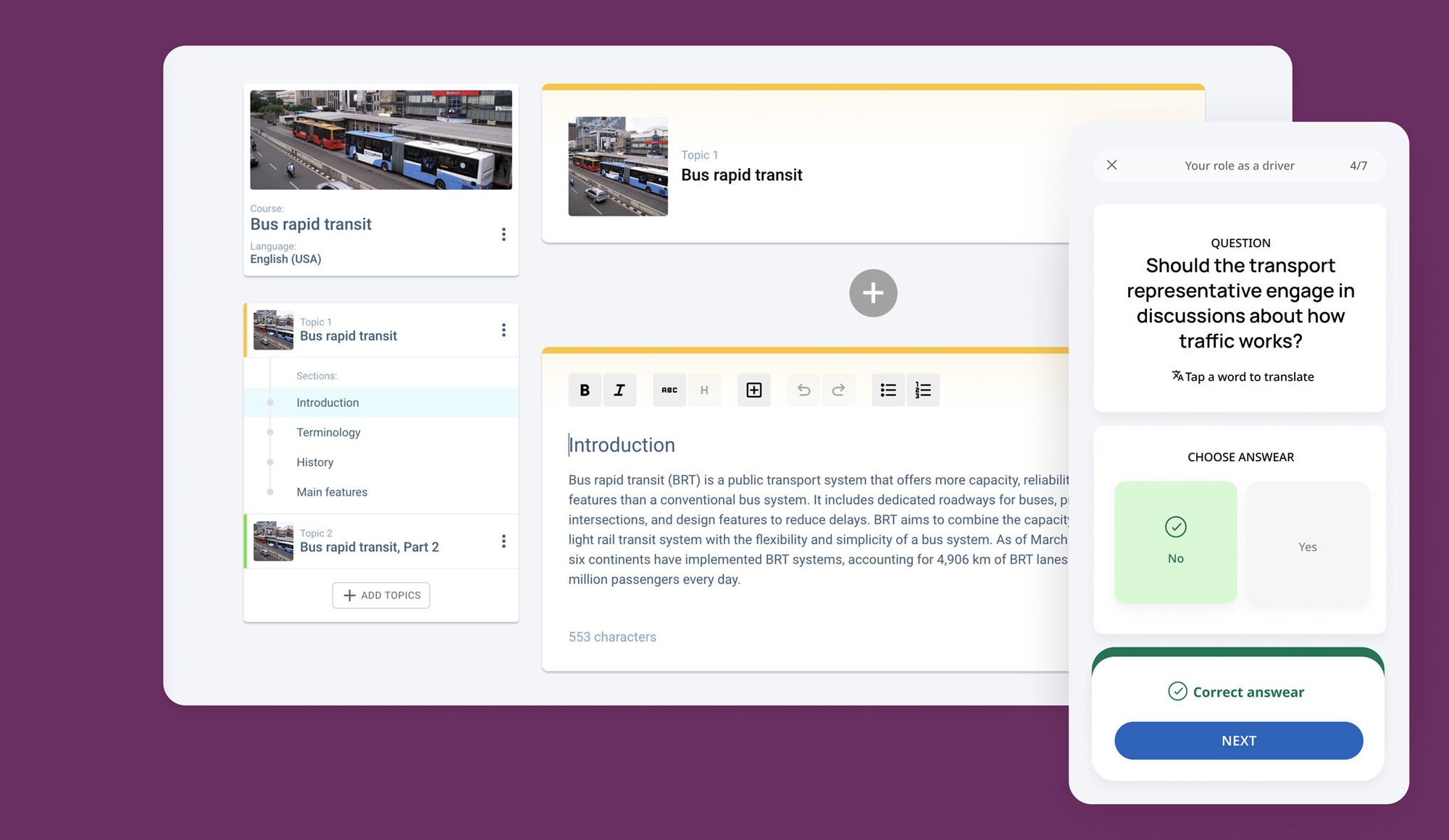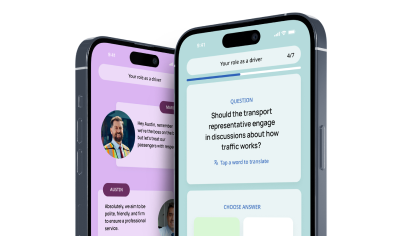Innovative strategies for employee product training in 2024
With the rapidly evolving learning landscape, organisations must adopt innovative strategies to deliver engaging and impactful product knowledge training to their employees. Let's explore some of these strategies:
1. Blending traditional and digital training methods
Combining traditional classroom-style training and digital learning platforms can provide a holistic learning experience. This blended approach allows sales teams to engage in interactive sessions while accessing learning materials anytime.
By incorporating e-learning modules, training videos, and interactive quizzes, organisations can cater to different learning styles and ensure the information is easily digestible and retained by employees.
2. Utilising AI and VR for immersive learning experiences
Incorporating artificial intelligence (AI) and virtual reality (VR) technologies can take product knowledge training to the next level. AI-powered chatbots can provide real-time customer support and personalised learning recommendations. VR simulations allow employees to experience hands-on product demonstrations and practice their skills in a safe and controlled environment.
This immersive learning approach enhances the knowledge base and retention, making training sessions more engaging and enjoyable for employees.
3. Gamification and interactive learning platforms
Introducing gamification elements, such as leaderboards, badges, and rewards, can make product knowledge training fun and competitive. Interactive learning platforms enable sales teams to participate actively in their learning journey, promoting a sense of ownership and motivation.
By transforming training into an enjoyable experience, organisations can foster a culture of continuous learning and development among sales reps.
In 2024, it is important to consider the broader implications of these innovative strategies for employee product knowledge training. Blending traditional and digital training methods not only enhances accessibility and flexibility but also promotes a more inclusive learning environment. By offering a variety of learning materials and formats, organisations can cater to their employees' diverse needs and preferences.
Furthermore, integrating AI and VR technologies opens up exciting possibilities for immersive learning experiences. AI-powered chatbots, for instance, can provide personalised support and recommendations based on individual learning patterns and preferences. This enhances training efficiency and empowers sales reps to own their learning journey.
In addition, the gamification of product knowledge training introduces an element of fun and competition, which can significantly boost employee engagement and motivation. By incorporating leaderboards, badges, and rewards, organisations create a sense of achievement and recognition, encouraging sales reps to participate and excel in their product training objectives.
It is worth noting that these innovative strategies are not limited to product knowledge training alone. They can be applied to various areas of employee development, including onboarding, compliance training, and leadership development. By embracing these strategies, organisations can create a continuous learning and growth culture, fostering a highly skilled and motivated workforce.




